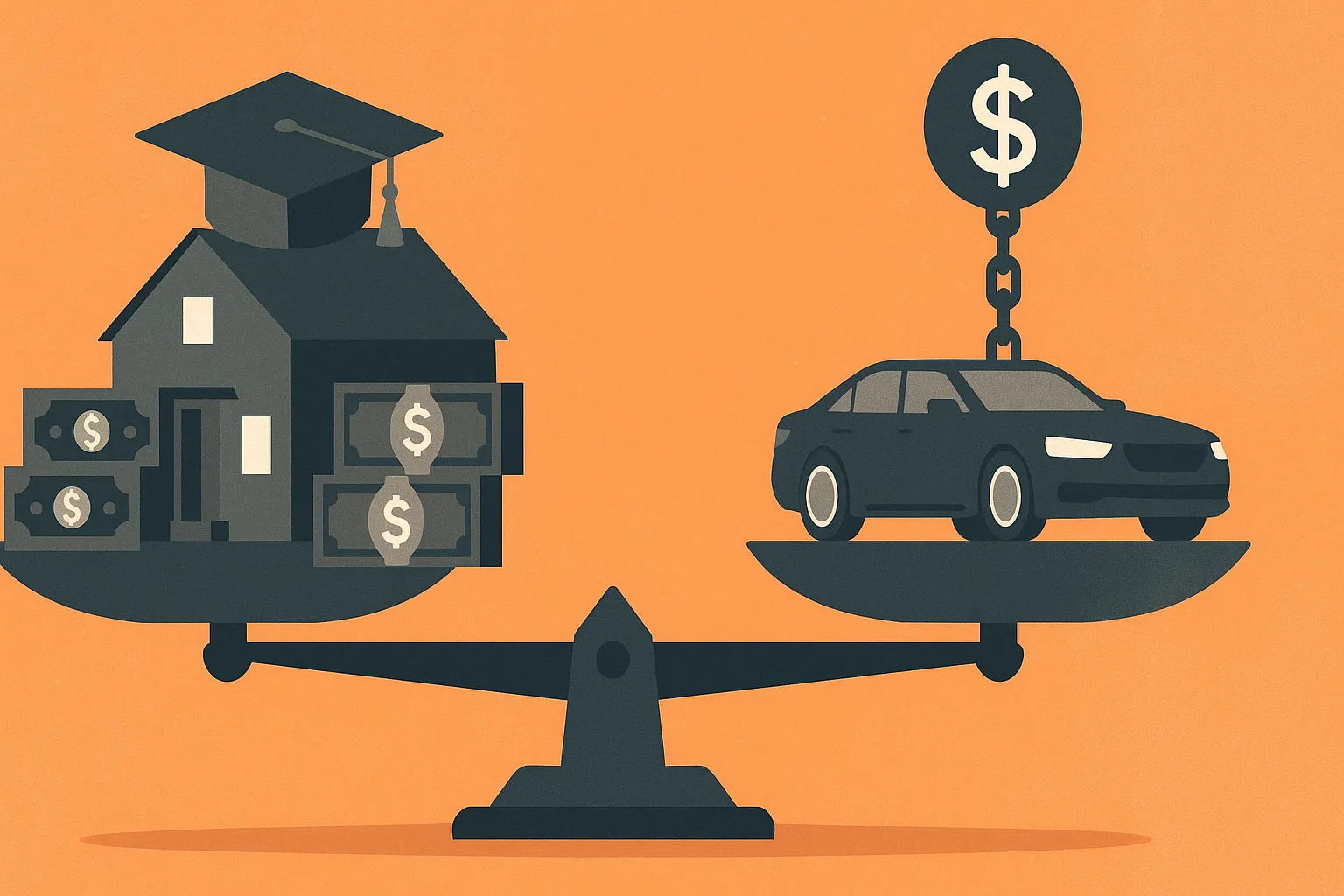Understanding Estate Sales: What They Are and How They Work

The National Estate Sales Association estimates that estate sales in the U.S. generate around $100 million every month — or roughly $1.2 billion annually. That figure is on par with the yearly sales of a mid-tier furniture retailer. Estate sales are frequently used when households downsize, relocate, or face bankruptcy. In cases involving a deceased person’s estate, these sales often occur under the authority of probate court, with proceeds used to settle debts, cover taxes, and distribute assets to beneficiaries.
Estate sales represent far more than a way to offload belongings. They are frequently a critical legal and financial step in estate settlement, bringing together probate requirements, tax obligations, and planning considerations. Understanding what they involve — from the types of assets included to how money is divided — can help heirs, executors, and beneficiaries avoid costly missteps.
Key Takeaways
- Estate sales follow major life events such as death, relocation, or bankruptcy, and liquidate personal assets.
- Management varies — sales may be overseen by heirs, executors, or professional estate sale companies with different fee models.
- Probate oversight may apply — court approval and careful record-keeping are often required before assets are sold.
- Clear agreements reduce risk — written contracts and detailed accounting help protect proceeds and limit disputes.
- Taxes may apply — depending on asset type and value, reporting requirements or capital gains tax may arise.
What an Estate Sale Is
An estate sale is a structured event where personal property is liquidated, usually over several days and open to the public. Unlike a yard sale, which tends to focus on inexpensive items, estate sales often feature higher-value assets such as:
- Antiques and fine furniture
- Jewelry and collectibles
- Artwork, rare books, or memorabilia
- Vehicles, boats, or other equipment
The objective is to recover the maximum value — not simply to clear space. When tied to a decedent’s estate, these sales often proceed under probate court oversight, ensuring compliance with the will and applicable state law.
Who Runs an Estate Sale
The party responsible for organizing the sale depends on the estate’s complexity:
- Family members or heirs often manage smaller estates where fewer legal obligations exist.
- Executors — those legally appointed to administer the estate — may oversee the process.
- Professional estate sale firms handle pricing, advertising, and execution. Their fees usually range between 25% and 45%, though in smaller sales commissions may climb as high as 50%, depending on the contract.
Legal, Tax, and Transparency Considerations
The Probate Connection
After someone passes away, many of their assets must move through probate — the court process of validating a will and distributing property. Estate sales under probate often require court approval, and proceeds may be held until debts and taxes are resolved.
For example, consider a typical scenario: John, who was executor of his aunt’s estate. At his first probate court appearance, he felt uncertain. The judge explained the legal safeguards in place, which ensured that debts were handled properly and heirs received fair distribution. That clarity showed John why probate oversight exists: as a safeguard, not just a formality.
Importance of Contracts
When hiring a professional estate sale company, a written contract should specify:
- The commission percentage
- Which party covers added expenses (advertising, staffing, cleanup)
- Settlement and payment timelines
- Itemized accounting of all items sold
These details help protect the estate and reduce disputes among heirs.
Tax Considerations
Generally, heirs do not owe income tax on proceeds from selling personal property. However, if an item sells for more than its stepped-up basis (the estate’s adjusted value at date of death), that gain may be subject to capital gains tax (IRS Publication 551).
Estate Sales Compared With Other Options
Preventing Problems in Estate Sales
Common mistakes can reduce estate value or trigger legal issues:
- Selling property before probate court approval is secured
- Skipping documentation of asset values before the sale
- Overlooking possible tax consequences of liquidation
By identifying risks early and ensuring all stakeholders agree on the process, executors and heirs may limit delays, protect estate value, and avoid disputes. When reviewing estate plans, it helps to ask: Is probate approval, valuation, or tax treatment the most vulnerable step? Recognizing these weak points can strengthen the overall process.
An estate sale is more than a financial transaction — it is a moment where legal, emotional, and market realities converge. For heirs and executors, knowing how these sales work, especially in connection with probate, can help preserve estate value, reduce disputes, and align the process with broader planning goals.


